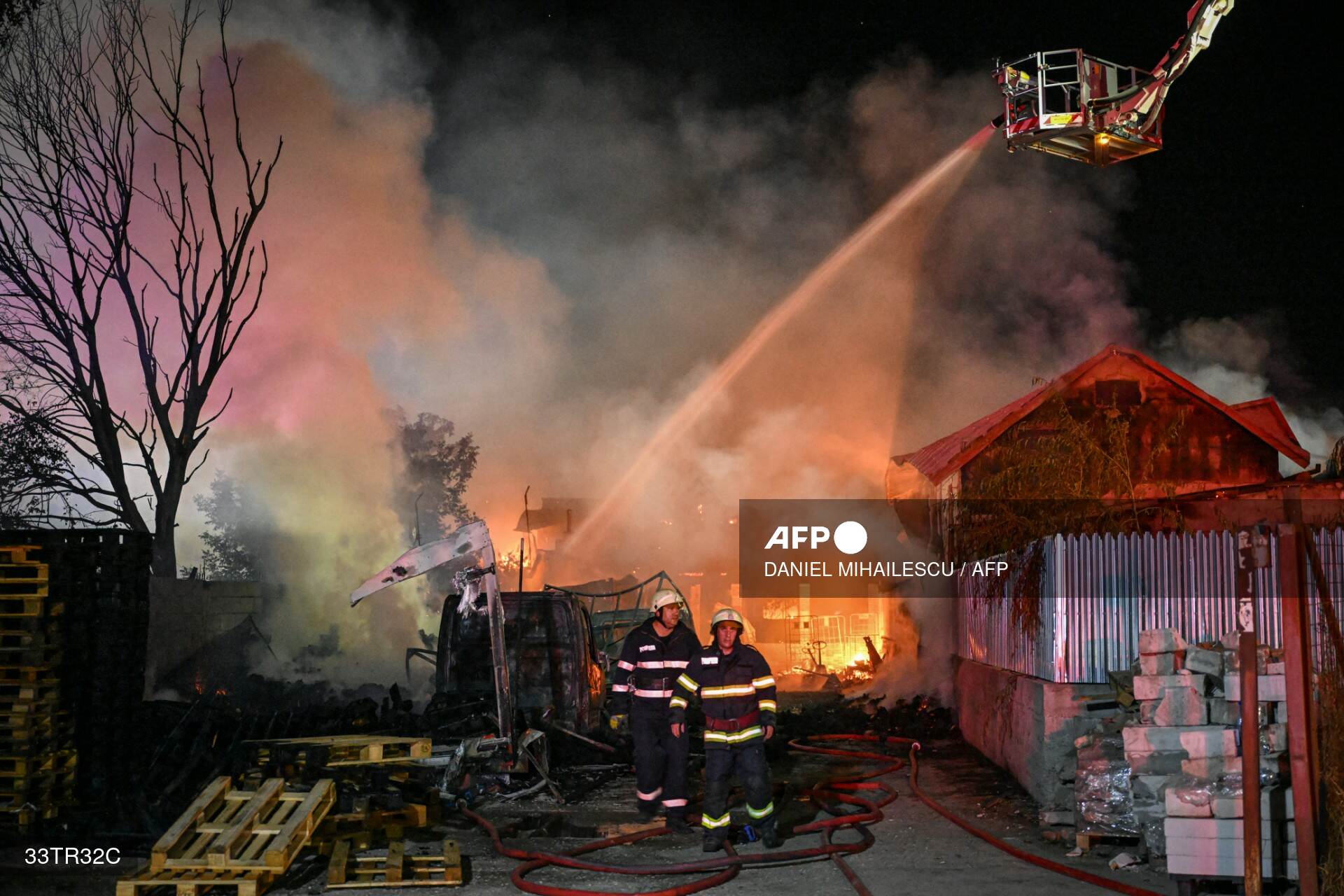
Air defence systems over several Iranian cities were activated, state media reported, after the country’s official broadcaster said explosions were heard near the central city of Isfahan.
Israel had previously warned it would hit back after Iran fired hundreds of missiles and drones at Israel over the weekend. Most of them were intercepted.
Iran’s Fars news agency reported “three explosions” were heard near the Shekari army airbase in the northwest of Isfahan province, while Iran’s space agency spokesman Hossein Dalirian said “several” drones had been “successfully shot down”.
“There are no reports of a missile attack for now,” Dalirian said on social media platform X.
Nuclear facilities in Isfahan were reported to be “completely secure”, Iran’s Tasnim news agency reported, citing “reliable sources”.
ABC and CBS News reported the strikes had been carried out by Israel, quoting US officials. There was no immediate comment from the White House or Pentagon.
The Israeli military told AFP: “We don’t have a comment at this time.”
Flights suspended
Iran — a key backer the Palestinian militant group Hamas and Lebanon’s Hezbollah — launched the attack in retaliation for an April 1 strike on its consulate in Damascus that was widely blamed on Israel.
Blasts were also reported in southern Syria, according to local activist group.
“There were strikes on a Syrian army radar position,” said Rayan Maarouf, who runs the Suwayda24 anti-government website that covers news from Sweida province in the south.
Flights were suspended across swathes of Iran on Friday.
“Iran’s air defence has been activated in the skies of several provinces of the country,” Tehran’s official IRNA news agency said.
Mehr news agency reported that “flights to Tehran, Isfahan and Shiraz, and airports in the west, northwest and southwest have been suspended.”
After Iran’s barrages of missiles, Israeli officials did not say when or where they would retaliate, but Prime Minister Benjamin Netanyahu said his country reserves the right to protect itself.
On Thursday, UN Secretary-General Antonio Guterres painted a dark picture of the situation in the Middle East, warning that spiralling tensions over the war in Gaza and Iran’s attack on Israel could devolve into a “full-scale regional conflict.”
“The Middle East is on a precipice. Recent days have seen a perilous escalation — in words and deeds,” Guterres told the Security Council.
“One miscalculation, one miscommunication, one mistake, could lead to the unthinkable — a full-scale regional conflict that would be devastating for all involved,” he said, calling on all parties to exercise “maximum restraint.”
Oil prices surged more than three percent in early Asian trade on Friday, following the reports to explosions in Iran.
AFP





